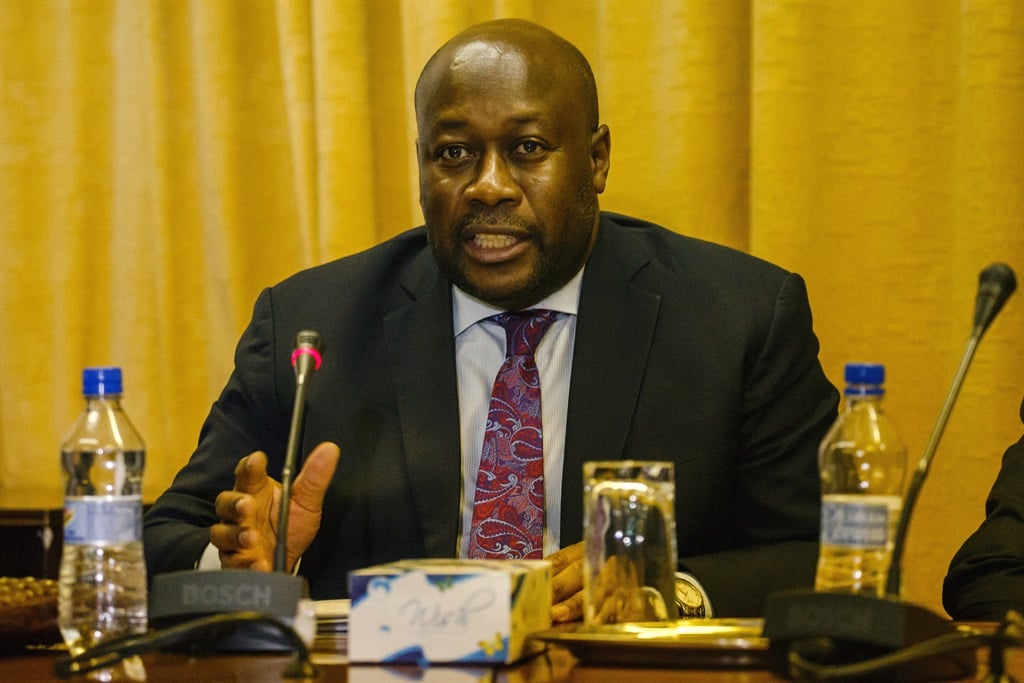
- Almost 4 000 people were arrested for illegal settlements on state and council land in Zimbabwe.
- The government says it's committed to ensuring that all citizens "are settled in an orderly manner on allocated land".
- Zimbabwe says it has options if the English High Court rules it should pay R2.3 billion to a German-owned firm.
Two decades after a disastrous attempt at land reform, which drove out more than 4 000 white commercial farmers, the Zimbabwean government is fighting illegal settlers on state land handed out by traditional leaders, land barons and corrupt government officials.
Since 10 January, a government operation - code-named "No to land barons and illegal settlements on state land" - has been run in both rural and urban areas.
So far, according to the Zimbabwe Republic Police (ZRP), 3 775 suspected people have been arrested. Of those, 985 have appeared before the courts, with some fined the equivalent of about R1 000 each.
The majority of the arrests are of people who bought land from barons, village heads and corrupt government officials.
ALSO READ | EU extends arms embargo on Zimbabwe into a 13th year, citing 'internal repression'
The ZRP's docket books showed that some of the people were illegally resettled on grazing land in parts of farms that were taken from commercial farmers at the turn of the century.
In one instance, Manicaland's provincial civic registrar in charge of land audits, Joyce Munamati, appeared in court for selling state land, which she received under the land reform exercise, to a local businessman Calvin Ziki for R285 000.
In another case, Michael Sadziwa, a village head in the Mutasa area of Manicaland, appeared in court for parcelling land on the outskirts of Osborne Farm - a farm that was taken from a commercial farmer to resettle landless locals.
"It was brought to our attention that there have been and continue to be illegal invasion of greenway spaces in Mabelreign [a residential area in Harare], on state land and council land," said Local Government and Public Works Minister Winston Chitando.
"Government's position is that it is illegal to parcel out state land or council land for whatever purposes," he said.
It is also illegal, for any person who is not authorized by the Ministry or the Council, to sell, lease or offer a lease with option to purchase, of Stateland or Council land.@basera_john @ChronicleZim @ZBCNewsonline
— Ministry of Local Government and Public Works (@MoLGPWZim) February 14, 2024
The government has reacted by destroying houses and other structures erected on the illegally-acquired land.
Some owners, left with nowhere to go, have since approached the Zimbabwe Human Rights Association (ZimRights) to engage the state.
ZimRights has called on the government to halt evictions, which "are causing a wholesale violation of human rights".
The government said it was "committed to ensuring that all citizens are settled in an orderly manner on allocated land".
READ | Jailed Zimbabwe opposition figure Job Sikhala to be released
One of the affected told News24 he had failed to secure land through the initial land reform of the early 2000s.
"When the land reform started, we were made to believe it was political. Some of us were a bit too lazy to apply for that land because we feared reversals."
Instead, he found himself buying such land from third parties.
A 2010 inquiry established that 40% of land taken for redistribution went into the hands of then-president Robert Mugabe and his allies.
Last year, a divorce case filed by his daughter, Bona Mugabe, revealed how much land was in her hands.
On 19 January, the government of Zimbabwe lost a R2.3 billion lawsuit to Border Timbers Limited in England.
Border Timbers is partly owned by German shareholders, and farms were seized in Zimbabwe during the land reform period, despite a binding Bilateral Investment Promotion and Protection Agreement signed by Zimbabwe and Germany in 1995.
It has been fighting for compensation since 2010, without success.
Now, it could attach Zimbabwean assets in England to offset the debt, should Zimbabwe's government still fail to pay.
But Zimbabwe's Attorney General, Virginia Mabiza, told the state controlled Herald that Zimbabwe still had legal options open in the case.
* This article was updated after publication to correct the number of white farmers forced off their farms during Zimbabwe's land reform process.
The News24 Africa Desk is supported by the Hanns Seidel Foundation. The stories produced through the Africa Desk and the opinions and statements that may be contained herein do not reflect those of the Hanns Seidel Foundation.




 Publications
Publications
 Partners
Partners
























